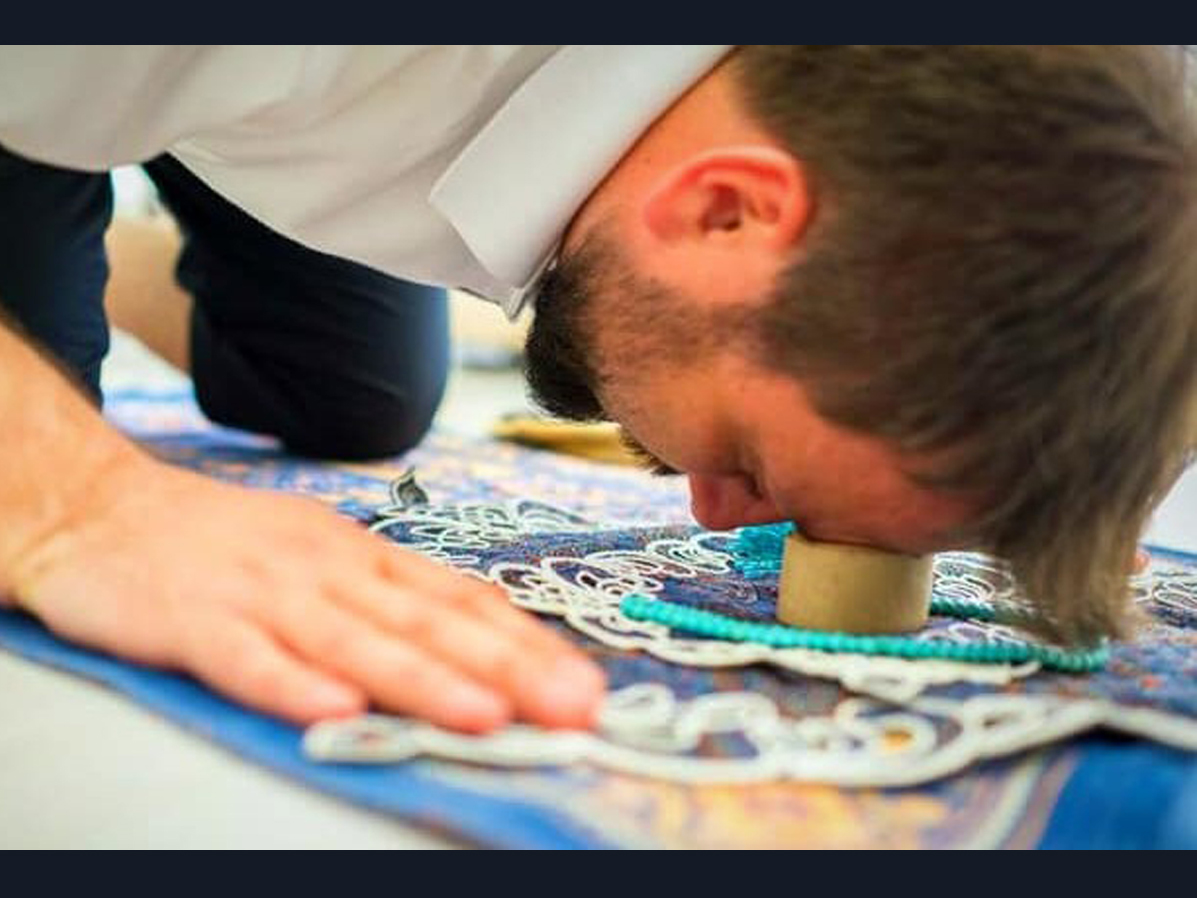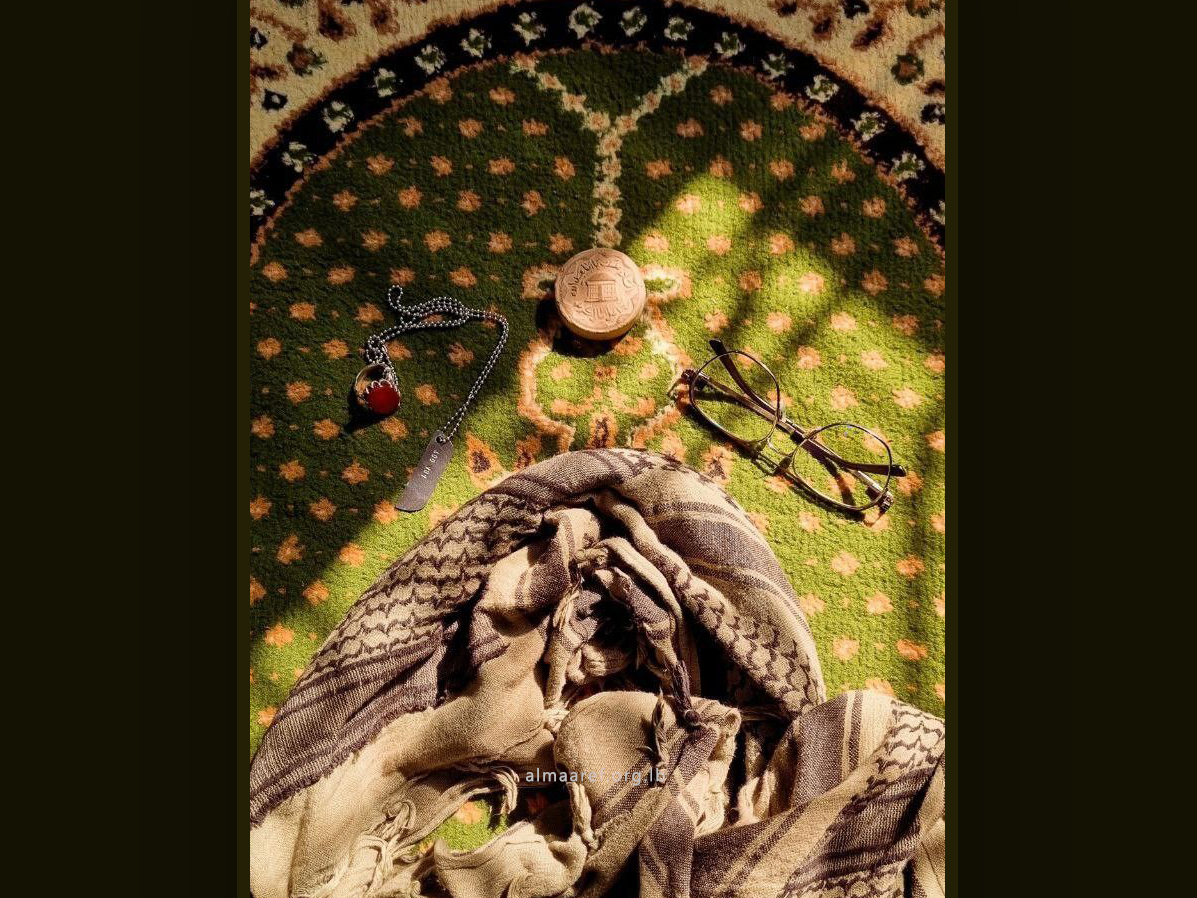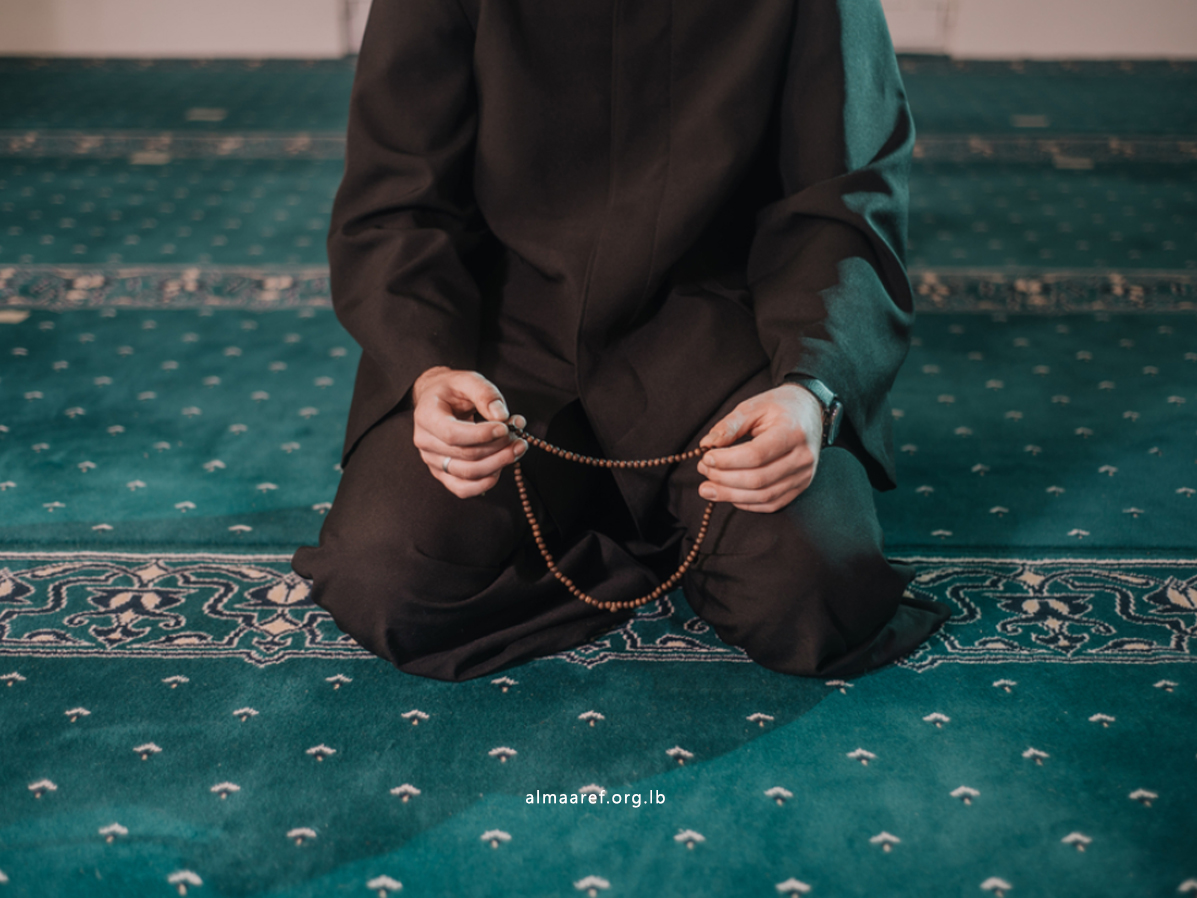One who is afflicted by a calamity should remember that calamities, trials and
tribulations are all sent by Allah to those about whom He cares, those whom He
likes and towards whom He directs His attention. Before one confirms this
reality by looking into the Qur'an and Sunnah, he must observe those who are
afflicted in this temporal abode: He will then find out that the most afflicted
of all people are those of goodness and righteousness after the prophets and
messengers of Allah.
Sacred Qur'anic verses inform you of the same:
Allah Almighty has said:
﴾And were it not that (all) men might become of one (evil) way of
life, We would provide, for everyone who blasphemes against (Allah), Most
Gracious, silver roofs for their houses and (silver) stairways on which they
ascend﴿
(Qur'an, 43:33);
﴾Do not let the unbelievers think that Our respite to them is good for
them: We grant them respite so they may grow in their iniquity, but they will
have a shameful punishment﴿
(Qur'an, 3:178); "When Our clear Signs are recited to them, the unbelievers say
to those who believe, 'Which of the two sides is best in position? Which makes
the best show in council?' But how many (countless) generations before them have
We destroyed who were even better in equipment and in glitter to the eye?
Say:
﴾If any men go astray, (Allah) Most Gracious extends (the rope) to
them, until, when they see God's warning (being fulfilled, either in punishment
or in (the approach of) the Hour, they will at length realize who is in the
worst position, and (who is the) weakest in strength! And Allah advances in
guidance those who seek guidance, and the things that endure, the good deeds,
are best as rewards in your Lord's sight and best in respect of (their) eventual
returns.﴿
(Qur'an, 19:73-75).
AAbdul-Rahman son of al-Hajjaj has narrated saying that affliction was mentioned
to Imam Abu Abdullah [Imam Sadiq], peace be with him, and what Allah, the most
Exalted One, the most Great, has in store for a believer, so he said that people
once asked the Prophet (pbuh&hh) about who in the life of this world is the most
afflicted, tried and tested. The Prophet (pbuh&hh) said, "They are the
prophets then people whose conduct is the very best. A believer is tested
according to the measure of his Iman (conviction) and good deeds. One whose
conviction is sound and action is good will have intensified afflictions,
whereas one whose conviction is weak and so is his knowledge, his affliction
will be little."
Zayd, the oil seller, has quoted Imam Abu Abdullah Hussein (a.s.) as saying,
"Great rewards follow great calamities. Whenever Allah, the most Exalted One,
the most Great, loves some people, He tries and tests them."
Abu Busayr quotes Imam Abu Abdullah Hussein (a.s.), peace be with him, as
saying, "There are on earth elite worshippers of Allah; whenever something
precious descends from the heavens to earth, Allah diverts it from them to
others; and whenever a calamity descends, He sends it their way."
Al-Hussein ibn Alwan quotes the Imam Hussein (a.s.), too, as saying, "If
Allah Almighty loves one of His servants, he pours calamities on him, drowning
him in them; I and you welcome the morning then the evening in such condition."
Imam Baqir, peace be with him, has said, "Whenever Allah, the most Blessed,
the most Exalted One, loves a servant, he immerses him in affliction. When he
calls on Him, He would say, 'Here I am, O My servant! If you wish I speed up
fulfilling your desire, I can do it; but if I treasure it [for you], it is
better for you."
Abu Abdullah, peace be with him, has said that the Messenger of Allah (pbuh&hh)
said, "A great tribulation is rewarded with a great reward. If Allah loves
one of His servants, He tests him with a great calamity. Whoever accepts it will
have won the pleasure of Allah, and whoever is angered by the calamity will earn
Allah's wrath."
Imam Abu Ja far, peace be with him, has said, "Allah tries the believer in
this life according to [the degree of conviction in] his faith."
Najiyah has said, "I said to Abu Jafar, peace be with him, 'Al-Mughirah says
that Allah does not afflict a believer with leprosy or leukemia or… anything
else.' He said, 'He is unaware of the believer in Al-Yasin who is referred to in
Surat Ya-Sin (Chapter 36 of the Holy Qur'an); his fingers were dried; then they
were healed. He warned the disbelievers and returned to them the next day, but
they killed him… A believer is afflicted with every calamity, and he dies in
every way, but he does not kill himself."
Abdullah ibn Ya`fur has said, "I complained to Abu Abdullah Hussein, peace be
with him, about the pain from which I was suffering, and I was quite often sick,
so he said to me, 'O father of Abdullah! Had a believer come to know what
rewards he earns during times of calamities, he would have wished to be cut to
pieces with scissors.'"
Abu Abdullah (Imam Jafar Sadiq [a.s.]) has said, "People of righteousness
will always remain in a hardship; but it is for a short period and will lead to
a very, very long period of felicity."
Hamdan quotes Abu Jafar (Imam Mohammad Baqir father of Imam Jafar Sadiq (a.s.))
saying, "Allah, the most Exalted One, the most Great, tries to get closer to
a believer through affliction like a man trying to get closer to his wife by
giving her a present; He protects him in the life of this world like a doctor
protecting his patient."
Abu Abdullah (a.s.) has said that the Prophet (pbuh&hh) was invited once to a
meal. When he entered the host's house, he saw that a hen had laid an egg on a
fencing wall. The egg fell on a wedge in the wall and stayed on it without
falling and breaking. The Prophet (pbuh&hh) was surprised, so the man said to
him, "Are you surprised about this egg (which did not break)? By the One Who
sent you with the truth, I have never been afflicted with a loss [as small as
losing an egg]," whereupon the Messenger of Allah (pbuh&hh) stood up and did not
partake of that man's food at all. He (pbuh&hh) said, "Allah has nothing to
do with one who never suffers a loss."
Reports similar to these are numerous, so let us be satisfied with this much.
* Source: imamreza.net
By: Second Martyr, Sheikh Zayn ad-Din Ali ibn Mohammad al-Jabil Amili. Translated from the Arabic by Yasin T. al-Jibouri



















